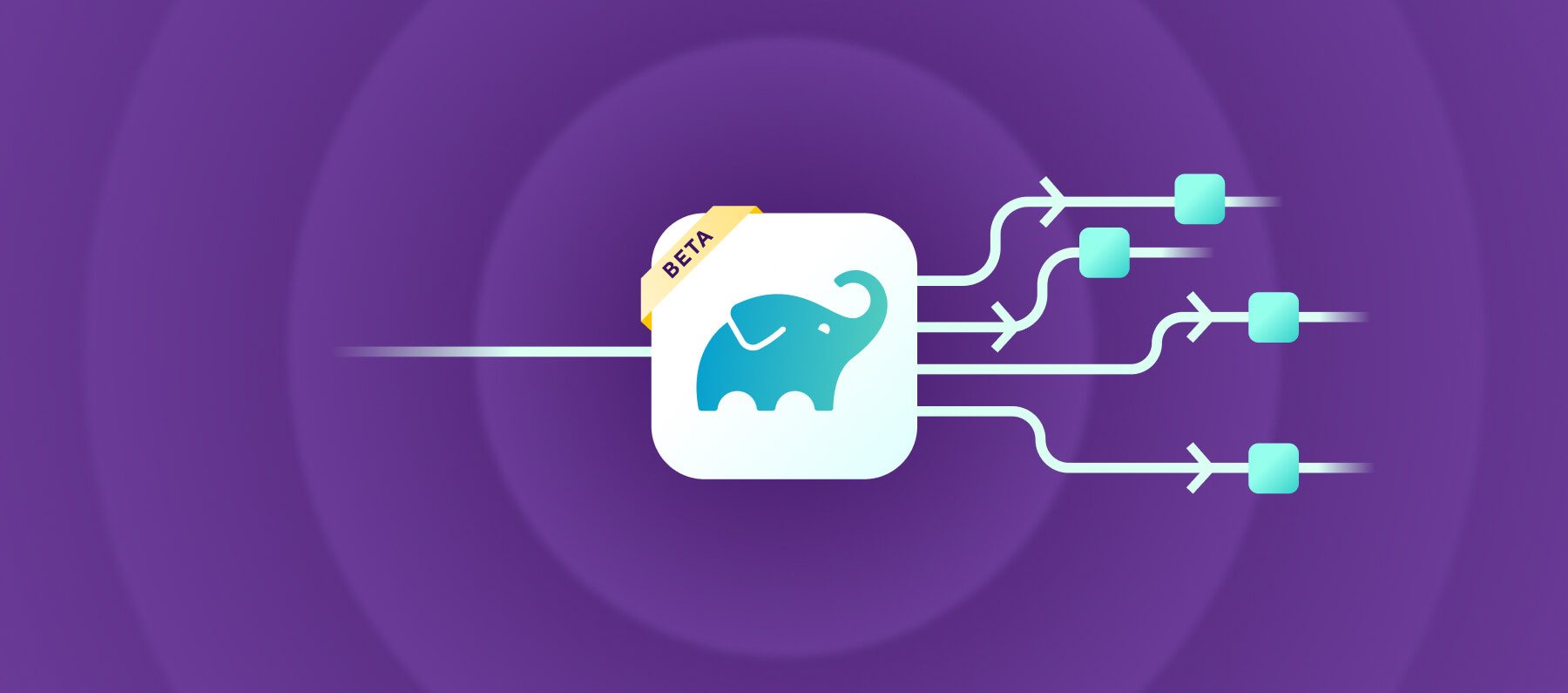During an exciting WWDC25, Apple announced it would skip some numbers and align all OS and software versions to 26.
The time for the September Keynote has come, and as we kept our eyes on Xcode 26 during the summer, the Bitrise team is now here with the Xcode 26 GA stack release. We're passionate about providing you with the latest and greatest, and this new Xcode release is no exception.
This post gives you heads-up about what this means for our platform and for our users.
TL;DR
- Xcode 26 GA has been released on September 16, 2025.
- Bitrise made it available as a new stack on day one.
- On this new stack, there are some breaking changes compared to previous stable stacks.
- We took this time as an opportunity to set modern tooling defaults and make often-requested changes that are breaking changes for some workflows.
- Existing stable stacks (Xcode 15.x and 16.x) won’t receive these breaking changes.
- Test & adapt with the already available Xcode 26 Stack.
- On October 1, Xcode 14 stacks will be removed and Xcode 15 stacks will be frozen.
- Based on timelines in previous years, Apple will only accept apps built with Xcode 26 in the App Store starting from April 2026.
- Preparation is key to avoid failing builds on your workflows.
- Xcode 26 introduces compilation caching, which we’re integrating into Bitrise Build Cache to help speed up your builds. Stay tuned for more details as this rolls out.
Timeline
- ☑️ June 10, 2024: Xcode 26.0 Beta 1 release
- ☑️ June 10, 2024: Xcode 26.0 Beta is available as an Edge stack on Bitrise
- ☑️ September 9, 2025: Xcode 26.0 RC 1 release
- ☑️ September 16, 2025: Xcode 26 GA is available on Bitrise as a new Stable stack
- April 2026: App Store no longer accepts apps built with Xcode 16 or earlier
Why does this matter?
Our commitment has always been to ensure that our developers enjoy a seamless experience on Bitrise. However, with every major tool or version update, there is always a potential for disruptions, especially for workflows that have grown reliant on the specifics of an older stack.
Tooling is also constantly evolving, and we want to provide stacks that follow the latest best practices and set meaningful defaults. Additionally, certain tool versions are only supported for a given period, after which security fixes are no longer backported.
Throughout the year, we ship these possibly breaking changes to our edge stacks for early testers, and the stable stacks receive the breaking changes once a year when a new Xcode major version is released (as explained in our Stack Update Policy). Unanticipated or inconsistent stack updates can lead to broken builds that take time away from what you love to do the most - code and ship features.
With Xcode 26, Apple has introduce official support for compilation caching, which we’re integrating into Bitrise Build Cache to significantly speed up your iOS builds. Migrating to Xcode 26 now ensures your projects are ready to take advantage of this performance boost as soon as it becomes generally available.
Transitioning from Edge to Stable Stacks
The imminent release of the final Xcode 26 means we'll be transitioning from our current Edge stack to a Stable stack. This could present breaking changes for some workflows.
What exactly is the Edge stack?
Our stacks progress through a lifecycle consisting of four stages: Edge, Stable, Frozen, and Removed. An Edge stack, the first stage, gives users a glimpse of upcoming tool versions and features, serving as a testing ground for your workflows before they reach the Stable state.
Testing on Edge stacks empowers you to foresee potential breakages and strategize preventive measures. Edge stacks are regularly updated and incorporate the latest stable and beta Xcode releases, the most recent stable versions of pre-installed tools.
Currently, our Edge stack is based on macOS Sonoma and the latest Xcode 26 Beta, as well as the various preinstalled tools and default versions we’ll elaborate on below.
Summary of changes and migration guide
Android
The preinstalled NDK package is upgraded to 27.2.12479018, the current LTS version.
The list of preinstalled emulator system images is also changing. As a reminder, we keep the last 3 major releases preinstalled. Therefore, Android 36 is now preinstalled, and Android 33 is no longer preinstalled.
Ruby
Ruby 3.4 is the new default version. Ruby 3.1 is no longer pre-installed, but Ruby 3.2 and 3.3 are.
Node.js
The new default Node.js version is Node 22. The upcoming LTS version, Node 24 is also preinstalled. Node 20 is no longer preinstalled.
Other tooling changes
The new preinstalled Flutter version is 3.32.0.
The new preinstalled Tuist version is 4.50.2.
The new preinstalled Python version is 3.13.
Other CLI tools (installed from Homebrew and other sources) are going to be on the latest version at the time of introducing the new stable stack, but they won’t get upgraded afterward (like on edge stacks).
Preparation is key: Test with the Edge stack
We cannot emphasize enough the importance of proactive testing using our Edge stacks. The Xcode 26 Edge stack is already available on Bitrise.
Testing on these Edge stacks will provide insights into how your workflows might be affected once the Stable version with Xcode 26 rolls out. This proactive approach will not only allow you to identify and resolve issues beforehand but will also give you peace of mind and more time to adapt to the forthcoming changes.
For more information, please check out our Stack Update and Stack Deprecation policies.
Helping your transition: Dedicated support
Changes, especially major ones, can be daunting. But remember, our primary goal is to offer you an enhanced experience, and sometimes that means evolving alongside industry updates. If you find yourself facing any issues or uncertainties, our dedicated Customer Support team is always there to help.




